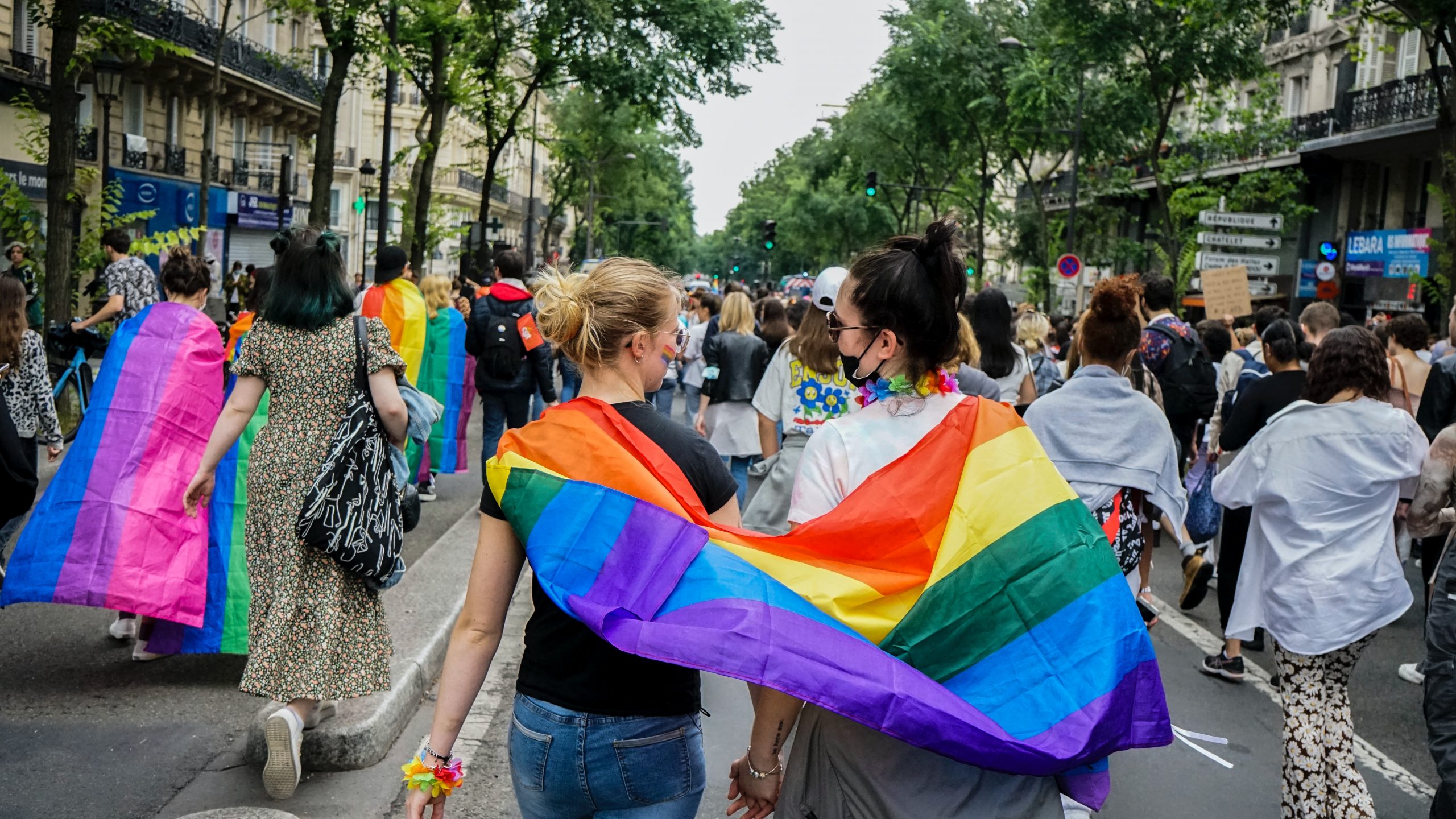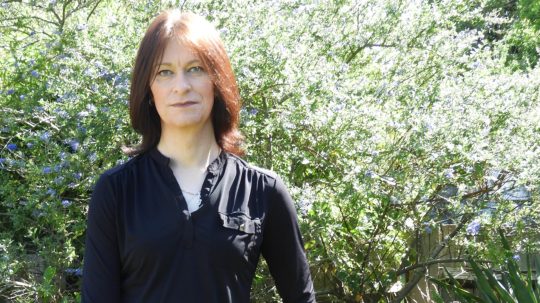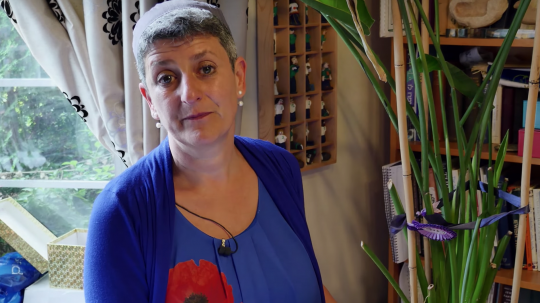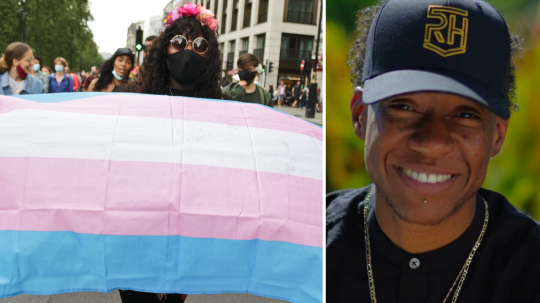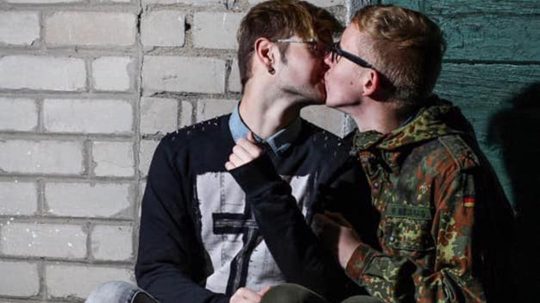The Council of Europe has published a report, adopted by a committee of parliamentarians from across the continent, which condemns the UK’s treatment of transgender people.
Adopting a report by Fourat Ben Chikha, a member of the Belgian Senate, the Committee on Equality and Non-Discrimination condemned “the extensive and often virulent attacks on the rights of LGBTI people for several years” in Hungary, Poland, the Russian Federation, Turkey and the United Kingdom.
Transphobia and homophobia in the UK directly infringe upon Article 14 of the Human Rights Act, which is designed to shield marginalised people from discriminatory treatment.
The parliamentarians warned: “The scapegoating and violations of LGBTI people’s civil rights come to a large extent from political figures, including government representatives, as well as religious leaders.”
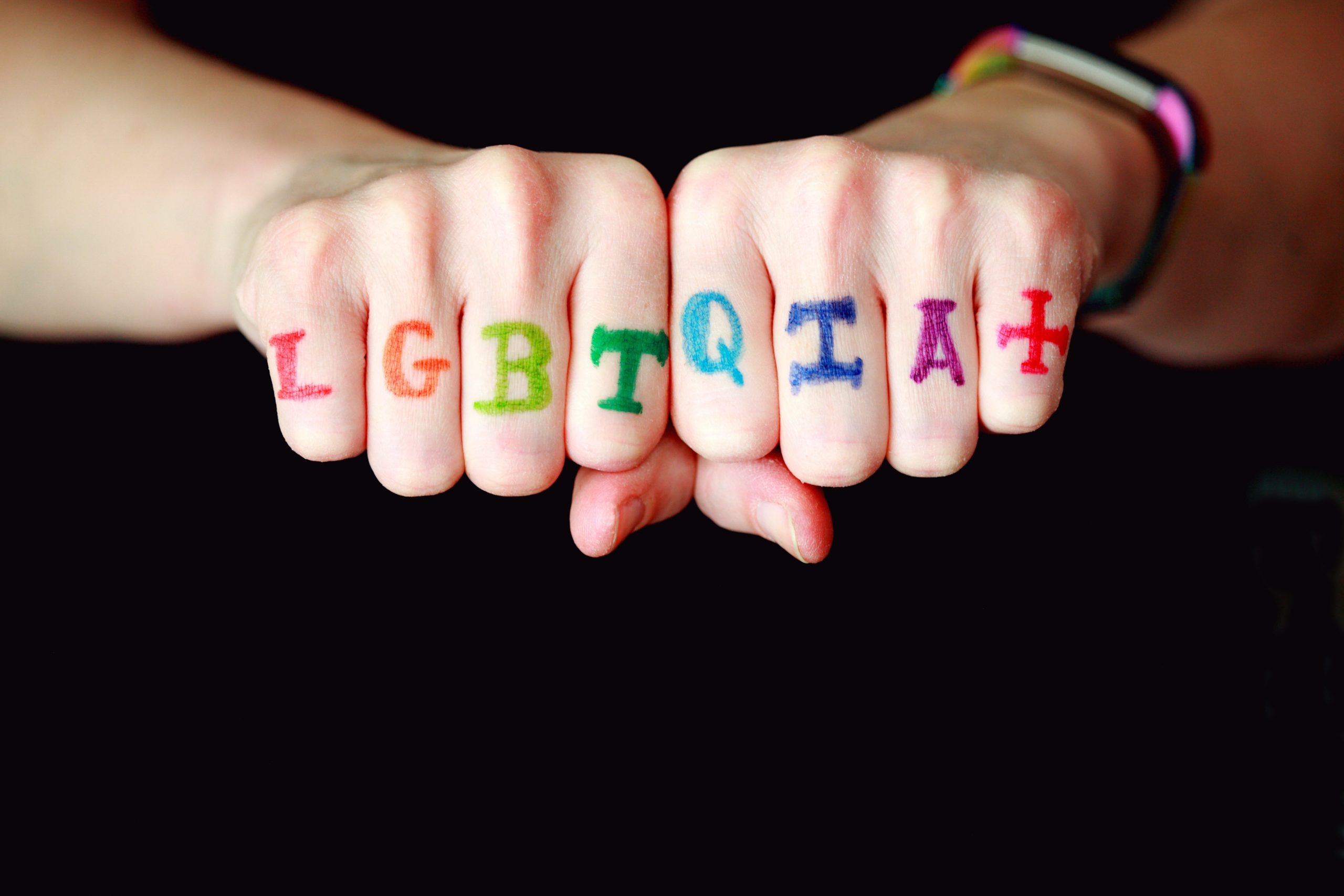
Credit: Sharon McCutcheon / Unsplash
In one section, the committee specifically called out the increase of anti-trans rhetoric in the UK, which often relies on the argument that “sex is immutable and gender identities not valid”.
At 2021’s International Day Against Homophobia, Transphobia and Biphobia, Liz Truss MP, then UK Minister for Women and Equalities, stated that “we do not believe in self-identification”, a contradiction with international human rights standards.
The report said: “Such rhetoric – which denies trans identities – is being used to roll back the rights of trans and non-binary people and is contributing to growing human rights problems.”
UK hate crime statistics show a sharp increase in transphobic crimes since 2015, but only one in seven victims report incidents to the authorities. Abuse against LGBTQ+ people has also risen online, intensifying transgender people’s fears for their safety.
“There is intense and ongoing social, political and legal debate about what constitutes harmful discourse when it comes to trans people and their rights, and arguments defending freedom of expression have been – and are still being – used as a tool to justify transphobic rhetoric, further penalising and harming already marginalised trans people and communities,” the report continued. “It is also becoming increasingly difficult for individuals and organisations to publicly affirm young trans people without being subject to hostility and disproportionate questioning from wider society.”
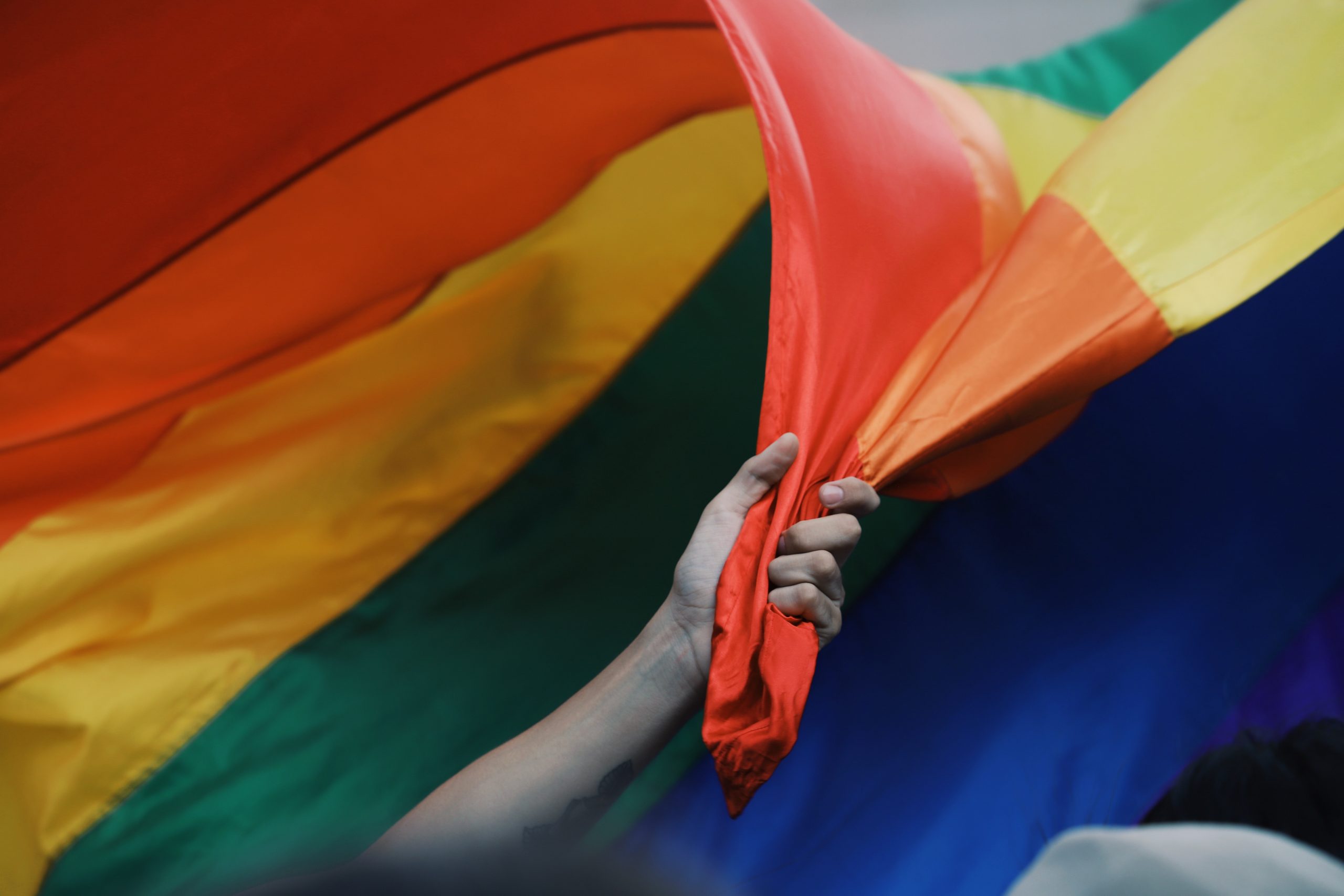
Credit: Jose Pablo Garcia / Unsplash
The Council of Europe report also critiqued anti-gender – or ‘gender-critical narratives – which it argued impair the fight for LGBTQ+ equality. In a judge-led employment tribunal appeal panel in June, the view that gender-critical beliefs should be protected under the Equality Act was upheld.
Chikha’s report also highlighted how the 2018 public consultation on updating the UK’s Gender Recognition Act fuelled claims that transgender rights pose a threat to cisgender women and girls.
“In parallel, trans rights organisations have faced vitriolic media campaigns, in which trans women especially are vilified and misrepresented,” the report said. “The gender-critical campaign – which continues to gain momentum, power and financial support – has been instrumental in creating a situation in which legal gender recognition processes still require a clinical diagnosis of gender dysphoria, and remain inaccessible to non-binary people and anyone under 18.”
The committee called on all member states not to enact legislation contrary to the rights of LGBTQ+ people and to repeal those already in force, such as anti-LGBTQ+ propaganda laws. It also called on the states concerned to listen to the judgements of the European Court of Human Rights to rectify any violations of the rights of LGBTQ+ people.

